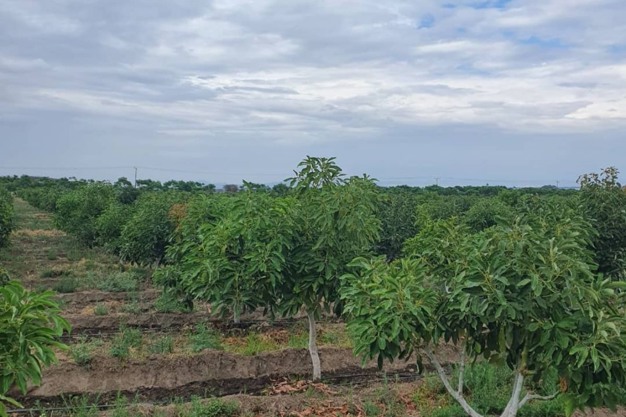Despite relatively high production, Ethiopian avocado exports are struggling to take off, with only a handful of exporters serving mainly neighboring countries. The situation is exacerbated by the Red Sea crisis, which makes exports "virtually non-existent," as Netsanet Tadesse, Deputy Managing Director of FloraVeg, says.
The grower says, "Our climate is ideal for avocados, with two seasons a year, from March to May and from September to November. There are no notable climatic variations, rainfall is satisfactory and we are increasingly using irrigation. In terms of production, the situation is, therefore, quite good."
 © Floraveg
© Floraveg
For a production exceeding 160 thousand tons in 2023, the country exported only 5 thousand tons, according to FAOSTAT figures. Tadesse comments: "Exports were already minimal and mainly destined for Gulf countries such as Saudi Arabia, the United Arab Emirates, and Qatar. The avocado industry is still at an infant stage in the country, and this is mainly due to the lack of infrastructure, such as cold rooms, grading and sorting facilities, and transport difficulties. On the other hand, the local market is very important and maintains strong demand, which relegates exporting to the background."
Since the outbreak of the Red Sea crisis, the weak avocado export business couldn't be maintained. The logistics factor has worsened, and exports are virtually non-existent in the first cycle of this season," explains Mr. Tadesse. Fortunately, demand from the local market has been very strong, and we have obtained good prices."
"At Floraveg, we operate on an area of 30 hectares, and all our volumes are sold on the local market. We are in the final stages of obtaining certifications to export to the European market and expect to start exporting next year, provided the current crisis comes to an end," Tadesse concludes.
For more information:
Netsanet Tadesse
Floraveg
Tel: +251924421347
Email: floraveget3@gmail.com
www.floraveget.com
